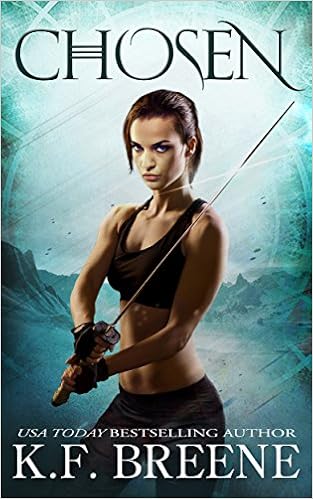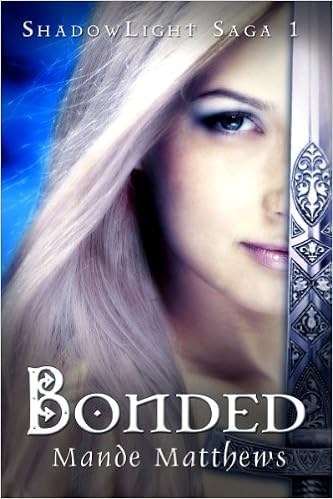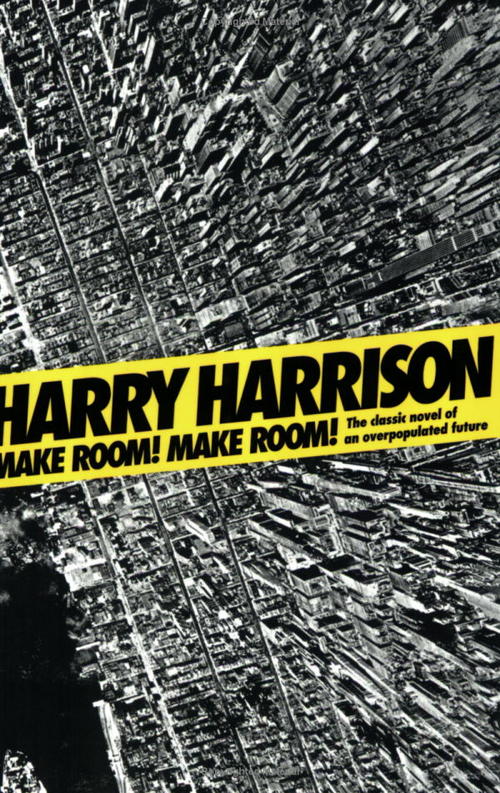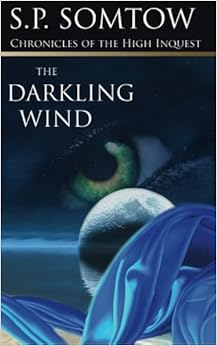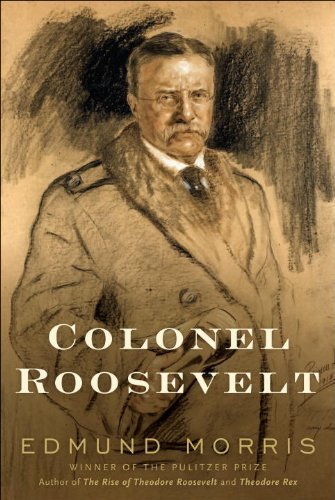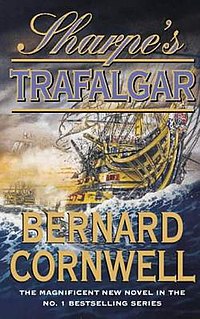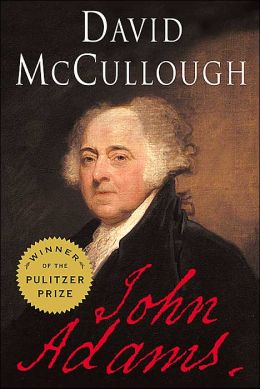This week I'm
reading a historical book that seeks to analyze the creation of
international institutions after World War II by the United States
through the influence of president Franklin Delano Roosevelt. In
specific Borgwardt focuses on three main areas and ties them back to
economic stability, collective security, and international justice.
Specifically she talks about the Bretton Woods system and its main
agencies, the International Monetary Fund and the World Bank, the
creation of the United Nations, and the Nuremberg Charter and
associated trials for Crimes Against Peace and Humanity. Borgwardt's
main thesis is that all three of these efforts can be traced back to
Roosevelt's goal to expand the New Deal beyond the United States and
create, as she titles her book, a New Deal for the world.
Borgwardt begins
her text with the Atlantic Charter, an informal agreement made
between Roosevelt and Winston Churchill in August of 1941. Although
the United States was still “officially” neutral until the
December attack on Pearl Harbor, Roosevelt had worked on pushing the
United States towards entering the war and was already heavily
involved in the Lend-Lease program. The Atlantic Charter was not
meant to be a binding treaty but was more an informal statement of
overall war goals for the Allied powers and why they were fighting
against the Nazi regime. Roosevelt also worked on including his Four
Freedoms: Freedom of Speech, Freedom of Religion, Freedom from Fear,
and Freedom from Want, which he considered to be essential to the
creation of a sustainable peace once the war was over. Borgwardt
credits the informal Atlantic Charter as an important step in the
foundation of the principles of human rights and the idea that there
are international ideals which transcend national law.
The Atlantic
Charter proved to be very influential on public opinion and its
inspiration spread much further than its drafters intended. The
statement of self-determination for all peoples in the world
Churchill almost definitely meant to apply only to the oppressed
people of Europe under the Nazi regime. Rampant Imperialist that he
was, he certainly did not mean for the principle of
self-determination to extend as far as India! Roosevelt was also
confronted with the awkward system of racially-based repression and
discrimination in the United States, which unfortunately lingers to
this day. Despite the shortcomings of the creators of the Charter, it
would be the first step the Allies would take in organizing the peace
after the war in an attempt to avoid the failures of 1919.
Borgwardt also
focuses on the differences in public opinion in 1945 versus 1919.
Obviously the high aspirations of a post-war international order had
their origins with Woodrow Wilson's League of Nations, which proved
utterly ineffective at accomplishing anything or even preventing a
second war twenty years later. After World War I, Americans in
general were ready to return to normalcy, as Warren G. Harding put
it, and had no interest in joining an international organization that
promised to get them entangled in more European politics. As
Borgwardt puts it, everyone wanted to go back to 1913 before the war
began. However, by 1945 there was a very different attitude among the
American population and a majority of Americans believed that the
United States should be involved in international organizations after
the war was over to help prevent future conflicts. This assessment
was made easier by the creation of scientific polling in 1935, which
provided both Congress and the Roosevelt administration with a
hitherto unprecedented insight into the mind of the average American.
However, it is
curious that a majority of Americans should be supportive of further
American involvement abroad when so many Americans had supported
neutrality before 1941. Borgwardt's explanation for this shift was
the shared experience of the Great Depression, the New Deal, and then
service by millions of Americans in the armed forces during World War
II. No one wanted to relive the 1930's and the economic and political
instability that came with it, so people were placing their hopes in
international organizations that would have the resources to promote
stability. In addition Borgwardt places special emphasis on the
entire generation of Americans the grew up during the Great
Depression and saw first-hand the benefits of big government projects
during the New Deal which reduced hostility to government-led
solutions for big problems. In addition, that same generation was
drafted in large number into the military and taken across the globe.
Men who may have spent their entire lives in the same small town
found themselves in locations as distant as China, Africa, and
Europe. Borgwardt asserts that through this exposure to the power of
big government, as well as the world at large, the Greatest
Generation (to use the popular phrase) became greatly supportive of
multilateral international organizations to create a better world for
tomorrow.
The three
organizations Borgwardt chooses to focus on are, as I said, the
Bretton Woods system with the IMF and World Bank, the United Nations,
and the Nuremberg Charter and Trials. I will say the final one feels
the weakest and there's probably good reason for that, but I'll get
to that in a minute. Roosevelt and other New Dealers believed that
for a sustainable peace to exist when the war was over, there needed
to be economic, social, and political stability in the world which
would help keep peace and foster cooperation between nations. Perhaps
most important was the Bretton Woods system and its attendant
financial institutions, which would hopefully help prevent the
problems such as currency devaluation which had made the economic
woes of the Great Depression that much worse, as well as promote a
certain level of economic welfare. The United Nations, meanwhile, was
to serve as a collective security agreement for the Allied Powers and
a means to help prevent wars before the start through diplomacy and
negotiation. Both of these failed to meet their original intents for
a variety of purposes.
In the case of the
IMF and World Bank, there has in recent years been criticism leveled
against them for engaging in neocolonial practices and there is a
certain amount of evidence to support this charge. As the capitalism
vs. communism standoff of the Cold War began to set in, the directors
of both of these institutions took a very strong pro-capitalism
stance and would look to expand free markets regardless of the
attendant cost in economic well-being to the populations of various
nations. In addition, the World Bank and IMF have demanded strict
repayment schedules for loans to developing countries which do not
have the political or economic clout to defy these organizations. The
result is outsiders demanding harsher and harsher austerity measures
from the governments of these nations so they can pay back the loans
to the outsiders on time. In an indirect manner this has led to a
neo-colonial relationship between the developed and developing world.
In the case of the
United Nations, the failure was once again the divide between
capitalism and communism. Borgwardt asserts that the United Nations
rested on the assumptions the four Great Powers of China, the United
Kingdom, the United States, and the Union of Soviet Socialist
Republics, would continue to act in concert after the war was over
and serve as the policemen of the world. However the divide between
the United States and the USSR, both with veto power in the UN's
Security Council, resulted in almost perpetual deadlock in that body.
This resulted in more power being shifted to the General Assembly,
which had relatively small membership while the French and British
colonial empires were still considerably large and the Americans
assumed they could readily control the General Assembly. However, as
decolonization continued the membership of the General Assembly
continued to grow and many countries in the Third World, finding
themselves ignored and marginalized by the Superpowers, increasingly
banded together in defiance of both the United States and the USSR.
And of course, superpowers are happy to ignore the UN whenever they
find it most convenient for themselves.
I have saved the
Nuremberg Charters and Trials for last because they certainly seem a
bit odd compared to the other two. While both Bretton Woods and the
United Nations meet specific economic and security needs for the
United States in a post-war world, the Nuremberg Trials seem more an
exercise for the benefit of the Allies more than anything else. This
is not to say that these trials were unimportant and they did a great
deal to establishing the concept of Crimes Against Humanity. However,
as Borgwardt points out, after the Nuremberg trials were over there
was no permanent international court of justice until 2002, and the
first international tribunal for war crimes and Crimes Against
Humanity wasn't until the tragedies of the disintegration of
Yugoslavia in the 1990's. There are certainly individuals who have
been placed on trial by their own countries for such atrocities, but
the history of international condemnation of such atrocities to the
scale of the Nuremberg Trials is noticeable lacking.
It definitely seems
like the Nuremberg Trials were an attempt for the Allies to cope with
the sheer inhumanity of the Holocaust, as well as to take out
punishment on more prominent members of the Nazi regime. However,
there was plenty of public opinion which had serious doubts about the
Nuremberg Trials, stating that instead of being an example of the
rule of law and justice for millions of innocent people it felt much
more like victors taking one last revenge on the vanquished. The
Nuremberg Trials definitely should have happened and set an important
precedent to the world in how to handle atrocities such as genocide,
but their legacy is far more muted than Bretton Woods and the United
Nations.
Overall I think
this book is pretty good, it goes into great detail explaining the
American motivations for creating these international institutions
and explaining after the war was over how they failed in ways their
creators didn't necessarily anticipate. I do feel like it's a little
incomplete in explaining how exactly all three of these systems were
supposed to work, it seems to focus more on building up to these
three rather than the actual nuts and bolts mechanics. For people who
are interested in American foreign policy and especially policy
initiatives of the World War II era, I think this is a very
interesting look at an almost unique point in American history.
- Kalpar



